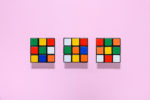Puzzles are cool again! And guess what? There are lots of proven benefits when it comes to doing jigsaw puzzles (for both adults and kids). Here’s a quick round-up of some of the different skills that doing jigsaws can help you to develop. You never know, this may be just the push you need to rediscover your love of puzzling!
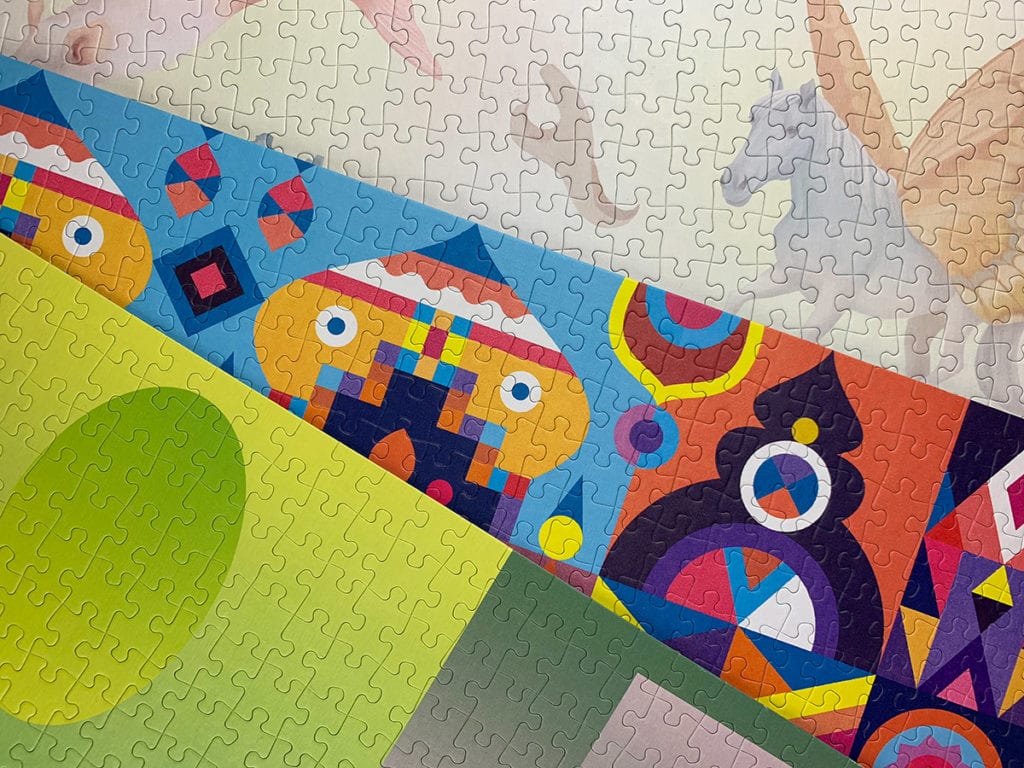
What skills do puzzles develop in children?
No matter how young your child is, there are puzzles that are easy enough for them to solve. You can find wooden puzzles for children as young as one or two, and they increase in difficulty with the age classification. Benefits for kids who puzzle include:
Fine motor skills
When kids start doing puzzles, their motor skills begin to develop – and research suggests that kids who start puzzling early are better are spatial transformation tasks. Playing with puzzles can very young kids develop their gross motor skills, while smaller puzzle pieces can help older kids develop their fine motor skills. It’s even been suggested that kids who develop fine motor skills early on having an easier time learning to write and draw.
Problem solving skills
Sitting down with a puzzle is a great way for children to develop problem-solving skills. Playing with puzzles encourages children to find the correct piece for each space and look for solutions to their problems, either by matching colours or patterns together. Then as they delve deeper into puzzling and start playing with more challenging jigsaws, kids build on previous experiences to get the image put together even more quickly.
Perseverance
Children can have trouble focusing on big tasks. Puzzles can help improve their concentration by providing a clear end-goal and giving them something to work towards. Completing the puzzles can also boost their satisfaction and self-esteem levels. If your child has siblings, doing a puzzle together can even encourage a sense of healthy competition.
New hobbies
Pick the right puzzle and you can introduce kids to a whole new hobby or passion. Puzzles can also help to make talking about school projects a bit more fun. If your child struggles with their geography, why not find a puzzle that features a map of the world? Or how about sneaking some maths into some puzzling sessions, by introducing ideas like Geometry and Symmetry? Older kids will love learning about the signs of the zodiac with this Celestial puzzle!
Language skills
If the children are really small, most parents help them with their puzzles. They provide assistance and instructions throughout the process by explaining the different parts of the puzzles. They may use terms or words that the children haven’t heard before, and this gives parents the opportunity to build their child’s language skills while broadening their vocabulary.
Social skills
Developing good social skills at a young age can help children form meaningful relationships as adults (and research shows that loneliness and isolation are a major public health problem). Puzzles can be a good early way to help kids develop social skills, especially if they have to negotiate with other young puzzlers about where pieces go, and who’s going to get to place that all-important final piece!
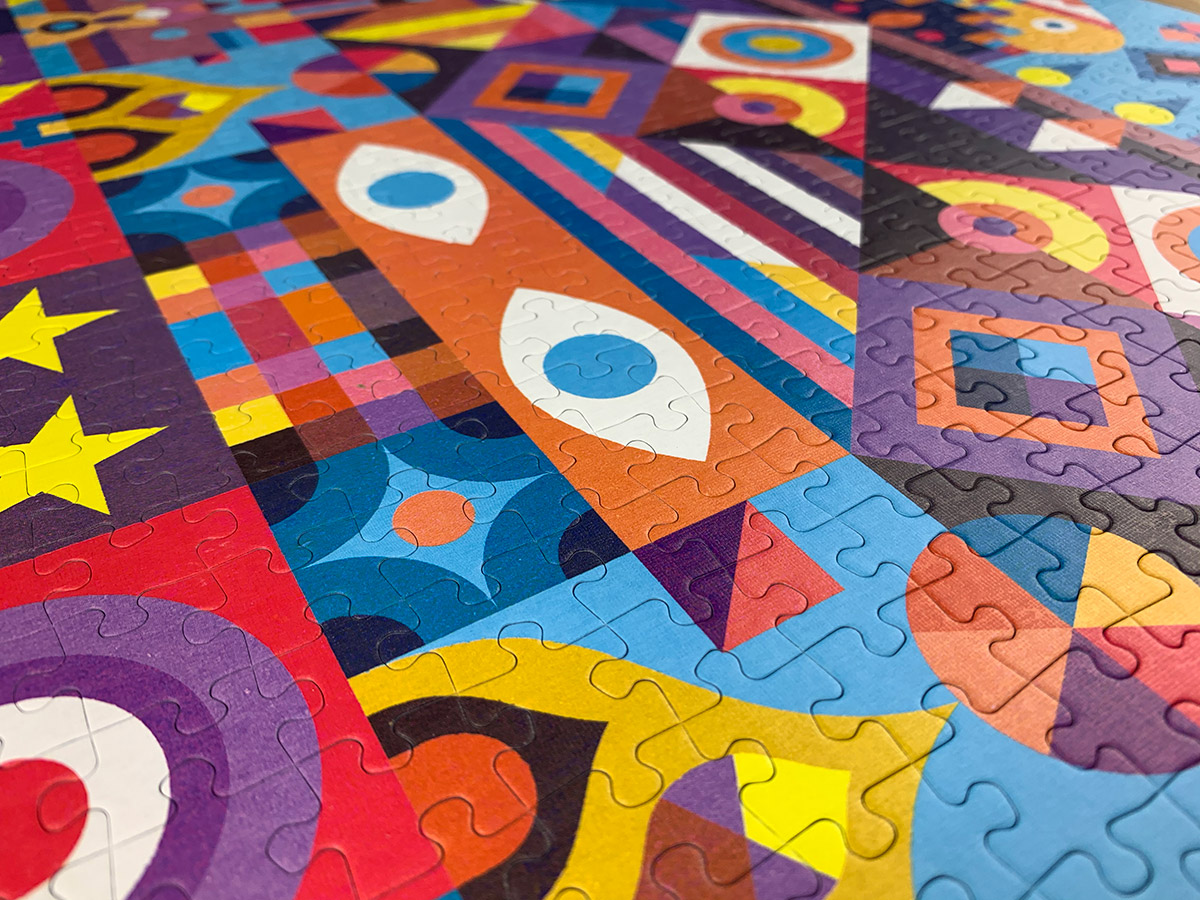
What skills do puzzles develop in adults?
Adults also have a lot to gain from doing a puzzle now and then. This is especially true for older adults who can use these activities to keep their mind sharp well into their golden years. The biggest benefits of puzzling for adults include:
Improved brain health
Keeping your brain healthy and active by doing puzzles can help delay the onset of Alzheimer’s or Dementia. Studies show that doing puzzles keeps your mind active. A more active mind reduces the amount of damage that Alzheimer’s can inflict on your brain. Additionally, it supports new nerve cell growth while strengthening connections within the brain.
Mood boosts
Putting together a pretty puzzle can increase your brains’ production of the neurotransmitter dopamine. Dopamine is a neurotransmitter that works to regulate mood, and it also affects your concentration levels, memory, and motivation. Every time you put together a puzzle, your brain releases dopamine as a reward. This encourages you to keep working on the puzzle and challenging yourself. No wonder people get hooked on our gradient puzzle!
Better collaboration
For adults in the workspace, puzzles can increase teamwork and collaboration efforts between coworkers. Giving people the opportunity to put puzzles together in groups can help improve employee relationships. It also encourages cooperation to help the group finish the puzzle. You could even get a friendly competition going by having two puzzles with two teams going in tandem.
Increased productivity
When you have less stress, and you’re happier in general, it’s much easier to concentrate on those bigger, more taxing jobs. When concentration levels improve, productivity levels quickly start to climb. Anyone struggling to stay on task should try taking a short break to focus on a nice meditative puzzle (something like this Cloudberries colour puzzle is a good option).
Improved attention to detail
When you’re trying to solve a puzzle that contains tiny pieces that all look alike at first glance (this is a good example), having good attention to detail is a must. You have to train your eyes to look for slight differences in shape and colour that can help you put matching pieces together. You can use this ability to pick out small details in every aspect of your work and life.
Meditation
There are surprising similarites between putting puzzles together and learning meditation techniques. Puzzles keep your mind healthy and active, but they also invigorate it. Your brain relaxes as you contemplate a tricky puzzle, and this allows you to slip into a trance-like state that is similar to meditation.
Time to start puzzling?
Now you know which skills puzzles develop in adults and children, you might want to start making puzzles a part of your day. Set one up in the corner of your home or talk to your boss about setting one up in that underused break-out room. You’ll reap the benefits each time you take a few minutes out! Get started with one of these cool puzzles:
-
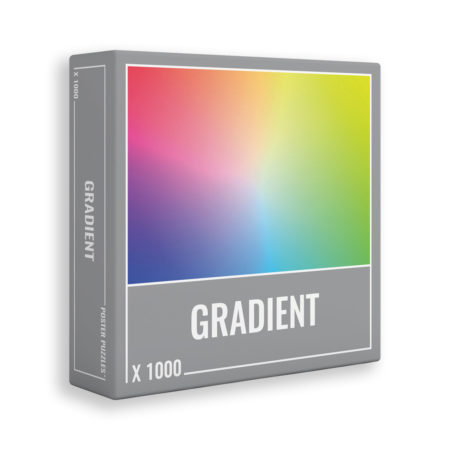 Gradient Jigsaw Puzzle (1000 pieces)US $24.99
Gradient Jigsaw Puzzle (1000 pieces)US $24.99 -
 Flowers Jigsaw Puzzle (1000 pieces)US $24.99
Flowers Jigsaw Puzzle (1000 pieces)US $24.99 -
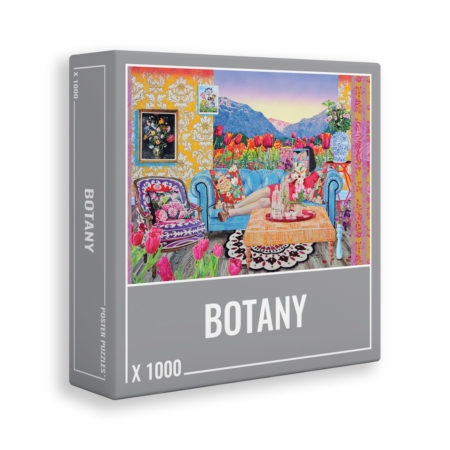 Botany Jigsaw Puzzle (1000 pieces)US $24.99
Botany Jigsaw Puzzle (1000 pieces)US $24.99 -
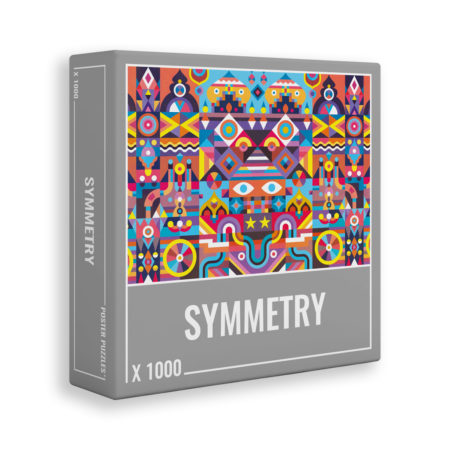 Symmetry Jigsaw Puzzle (1000 pieces)US $24.99
Symmetry Jigsaw Puzzle (1000 pieces)US $24.99 -
 Skyline Jigsaw Puzzle (1000 pieces)US $24.99
Skyline Jigsaw Puzzle (1000 pieces)US $24.99 -
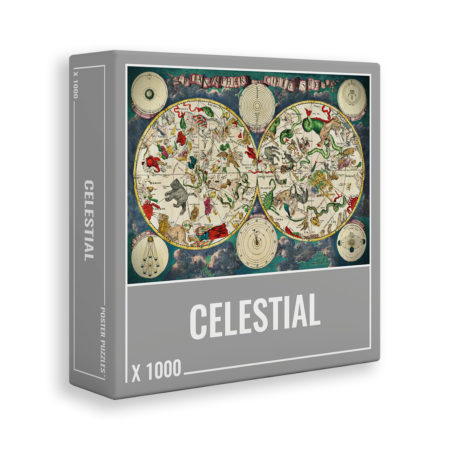 Celestial Jigsaw Puzzle (1000 pieces)US $24.99
Celestial Jigsaw Puzzle (1000 pieces)US $24.99






